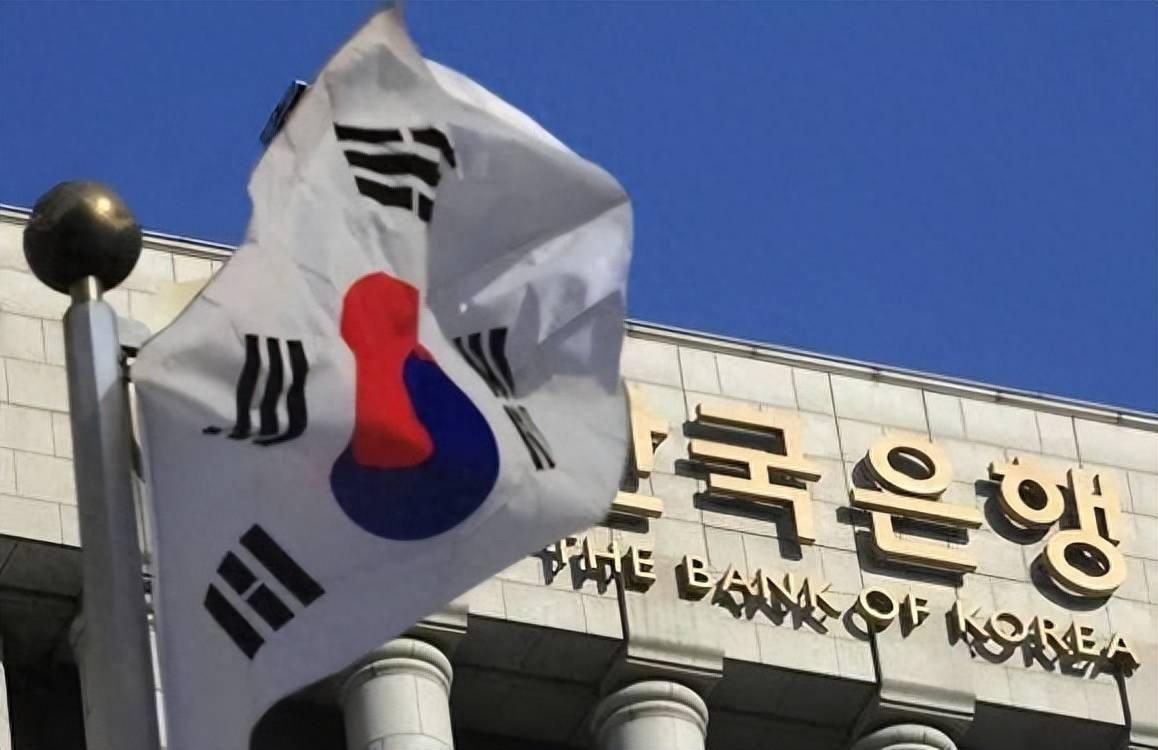
Recently, according to major media platforms such as the Chosun Ilbo, South Korea's trade balance with China has experienced its first deficit in 31 years this year. According to reports, this is the second time a trade deficit of $1 billion has occurred since the first year of diplomatic relations with China in 1992. Industry insiders say that this marks a new change in the trade pattern with China, which was once a pillar of South Korea's economy.
On December 13th, according to the Korea Trade Association and the Ministry of Industry, Commerce, and Resources, as of November this year, South Korea's exports to China were $114 billion, while imports were $132 billion. The trade deficit was $18 billion, second only to Saudi Arabia, the largest importer of crude oil, with a trade deficit of $22.4 billion. On December 14th, the website of South Korea's "Chosun Ilbo" published an article under the names of Cho Jae hee and Lee Jung ju, pointing out that in the 16 years from 2003 to 2018, China had always brought the largest trade surplus to South Korea except for 2008, but now it has undergone a 180 degree transformation and has become the object of South Korea's money.
Industry insiders have pointed out that with the rapid development of China's industry, Korean products have lost their foothold in the local market. On the contrary, imports from China are showing a significant increase trend. After entering the 1920s, with the arrival of the era of electric vehicles, battery materials and others became representatives of imports to China. "The changes in the trade structure with China, which were originally masked by the illusion of semiconductor surplus, have finally surfaced. A new trade framework should be formulated in the future," said Zhao Xiangxian, President of the International Trade and Trade Research Institute of the Korea Trade Association
For China, South Korea has maintained its position as an exporter for the past few decades. From Korean cars, Korean phones, Korean cosmetics to Korean pop music, they have all become highly sought after artifacts by Chinese people. However, in recent years, Chinese mobile phone brands represented by Huawei have continuously entered the international market, including South Korea, and seized market share of South Korean mobile phones; And China's new energy vehicles, cosmetics, and other products have also emerged with higher quality and brands than South Korea, stealing the spotlight from South Korea, all of which have caused the South Korean economy to fall into a quagmire. Recent data shows that South Korea's trade deficit with China has significantly increased, which undoubtedly makes people feel that the changes of the times have come too quickly and happened unconsciously, making Koreans feel too sudden and unable to accept them.
In fact, from a deeper perspective, this change is not only a competition in trade between China and South Korea, but also a concentrated reflection of a deep-seated economic system reform. South Korea's trade surplus with China in the past relied on cheap labor and high-quality manufacturing, but with the strong rise of Chinese industries, this advantage has been continuously weakening until it disappears. From the current market feedback, consumers are more focused on quality and innovation, rather than just pursuing low prices. South Korea's traditional advantages no longer exist.
In addition, since South Korean President Yoon Seok yeol apologized to all citizens for failing to bid for the World Expo on November 29th, the South Korean media is still immersed in continuous reflection. This reveals that South Korea has always been catering to or even following the United States, joining sanctions against Russia in order to please the United States, and therefore being listed as an "unfriendly country" by Russia. This indicates that the South Korean government's value based approach to handling national relations has seriously affected the country's image in the global public eye, especially with Yoon Seok yeol's "value diplomacy" causing South Korea to lose points and ultimately lose popularity. It has to be said that this is also an important reason for South Korea's external influence and the decline in its ability to export products, including cultural products.
Therefore, the emergence of South Korea's trade deficit with China is not accidental, but an inevitable result of not keeping up with the pace of deep-seated global economic changes. Only by changing its mindset, seizing opportunities, facing challenges, and daring to innovate can South Korea stand firm on the fiercely competitive international stage, which also has universal reference significance for the economic development of other countries around the world.

Driven by the Trump administration's push to relax financial regulations and the recovery of investment banking business, the market value of the six major banks in the United States has cumulatively increased by approximately 600 billion US dollars by 2025.
Driven by the Trump administration's push to relax financia…
On Christmas evening, U.S. President Trump posted on social…
According to multiple foreign media reports, the recent fin…
The middle class, once regarded as the cornerstone of Ameri…
On December 19th local time, the US military launched a lar…
The Boxing Day sunshine should have cast a false glow of pr…